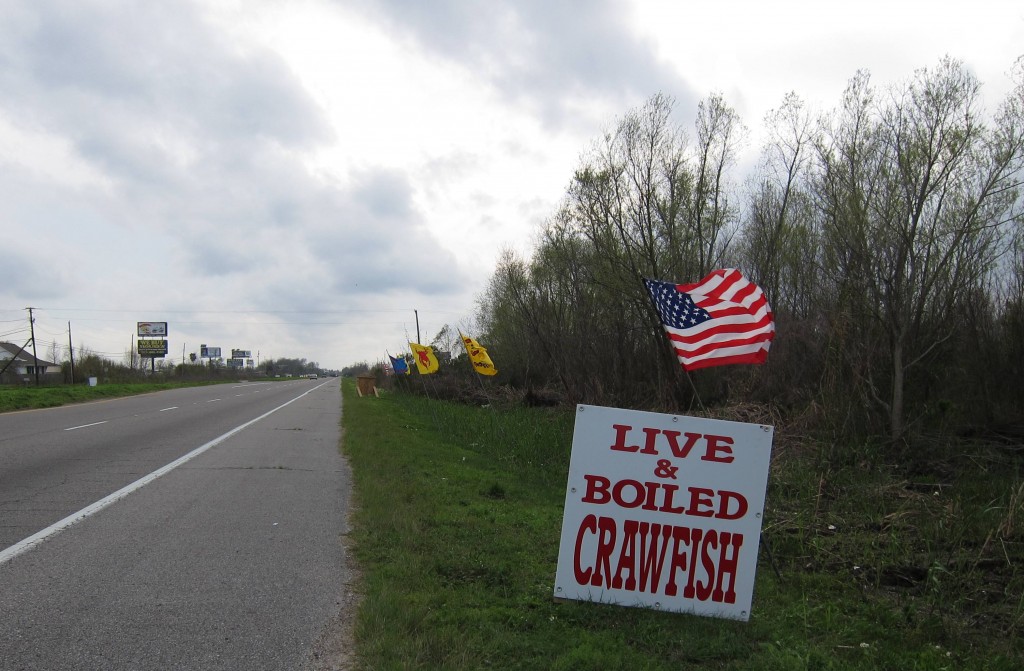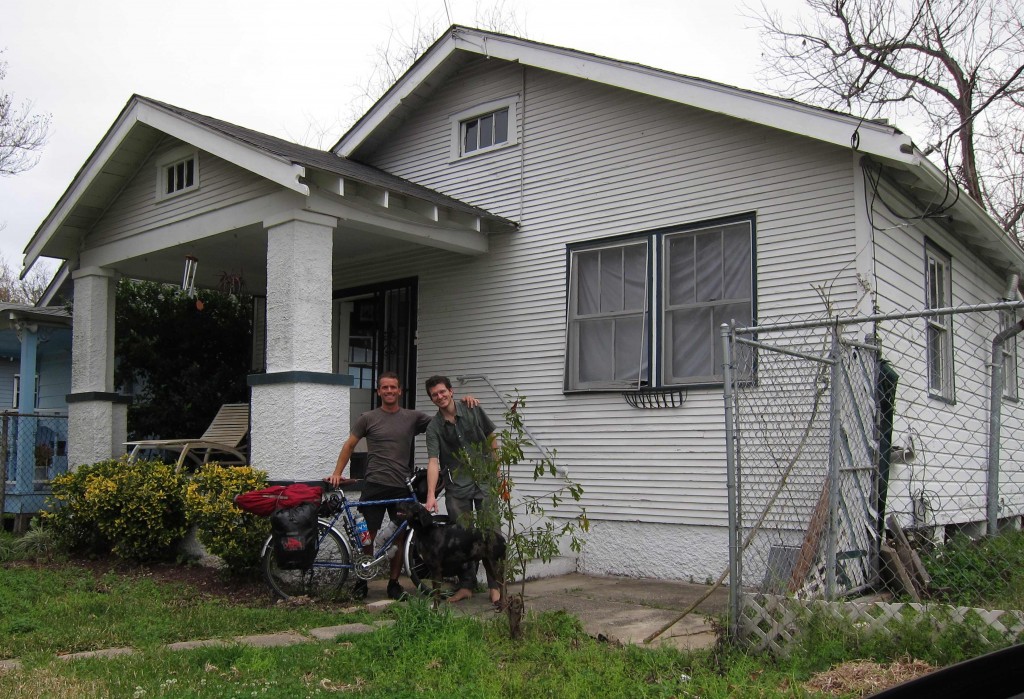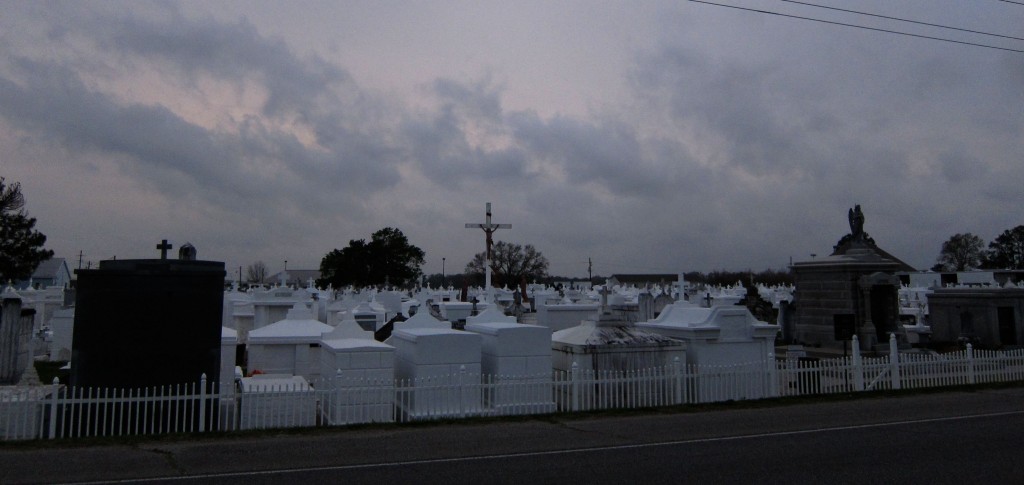24 Feb, 2012
 There is something delicately humbling about the motion that brings the ashen cross to my forehead. Maybe it is because my forehead rarely receives the touch of a fingertip. Maybe it’s the sensation of minute, deliberate lines in separate axes—first vertical, then horizontal. There is the exfoliating grit, the mark unseen, the singularity of ritual, weight of the calendar, and so much more. The liturgical calendar asks us to slow down—to turn our gaze from me to the I in we.
There is something delicately humbling about the motion that brings the ashen cross to my forehead. Maybe it is because my forehead rarely receives the touch of a fingertip. Maybe it’s the sensation of minute, deliberate lines in separate axes—first vertical, then horizontal. There is the exfoliating grit, the mark unseen, the singularity of ritual, weight of the calendar, and so much more. The liturgical calendar asks us to slow down—to turn our gaze from me to the I in we.
Along with the dual forehead strokes often comes the simple phrase: “Remember that you are dust, and to dust you shall return.” For many, this phrase evokes the sentiments, “You are nothing,” “life is fleeting,” or something of the sort. Today, I am stuck on the miracle it evokes. Each of us is made up of small particles that were once dust, dirt, streams, and rain. At the risk of wafting patchouli in your direction, I must confess that this sentiment is not unlike the Joni Mitchell song “Woodstock” made famous by Crosby, Stills, Nash, and Young: we are stardust. In his classic work A Sand County Almanac, Aldo Leopold expresses a similar notion by tracing a single atom through its organic and inorganic history. This exchange of energy and shift in matter is essential to our being, yet we neglect it.
It is a miracle that the atoms of our body have gathered together and given us life. We participate in this miracle to varying degrees through our acknowledgement of the process and by contributing to its perpetuation. However fleeting our awareness is, the miracle of our lives will never fade. We cannot erase our having been. By virtue of existence, we cannot deny our connection to the ground of being. It is not theoretical. We are connected to all that is because we are part of all that is. Our physical existence is never in isolation.
I don’t think I’ll ever reach a point where I fully realize that understanding. My capacity for knowledge has limits. Maybe yours does, too. We may not spend our lives in the full glory of all around us, but we can get a glimpse now and then. We can realize that our food comes from other life, is cultivated by other life, and reaches our plate through other life and resources. We can occasionally feel the brush of the divine in our physical being as connected to the physical world. Out of the ashes of our forgetfulness, we can remember. As the planet that fosters our lives changes, we can help the people who suffer as the result of our way of living.
We know it now: we have brought on the ashes. The change is a cross on our foreheads. But like the cross the ashes recall, this is a symbol of resurrection—of life renewed. All that is left is to live into that newness—the newness of you.

It's great to ride through the backroads of southern Louisiana. It's a little less cool to ride into headwinds all day long. Note the flags.
Speaking of newness, I’m back on the road! It feels both terrifying and calming. How could those two exist side-by-side? Ask anyone who has discovered love or become a parent. Or petition those who have jumped out of a plane or been barreled while surfing. The motion of the bike and the passing countryside calm the waters of my thought. At one point, I had to cross a bridge with four lanes of traffic whizzing by. A few months ago, this might not have phased me. Yesterday, it inspired a death grip on the handlebars and moments of deep fear. As I approached the bridge, a truck behind me rolled over the cracks in the road to produce a sound not unlike a terrified heartbeat. As it passed, the breeze nearly knocked me into the concrete wall. Luckily, I made it over the bridge and will ride another day. In fact, that day is today. Off to the road!
Until we meet again
More connected to the dust
Than we thought possible



